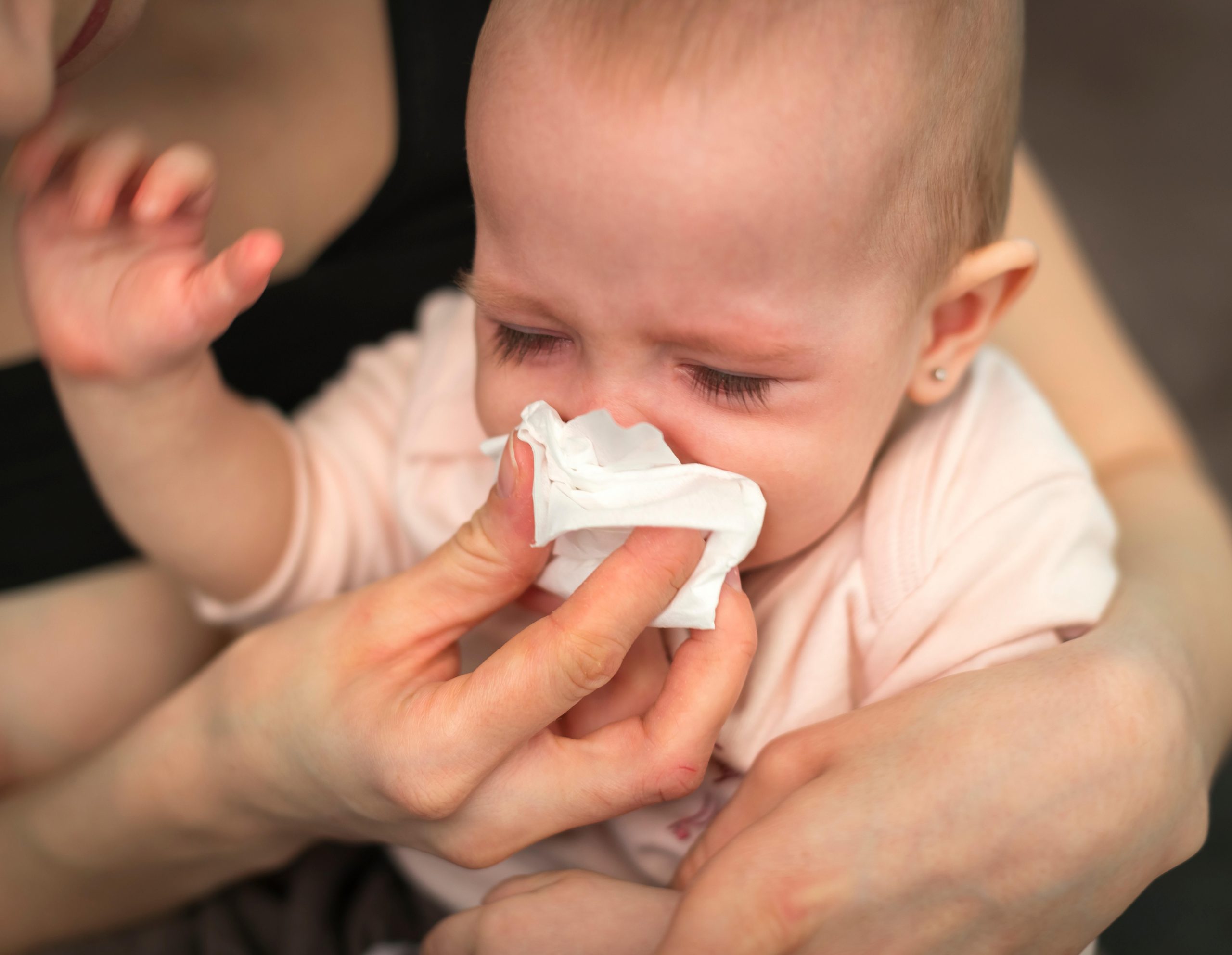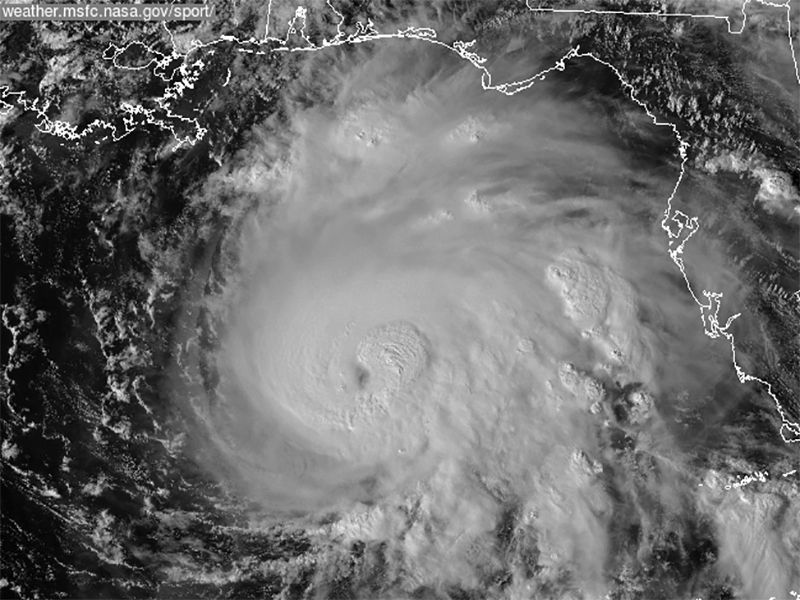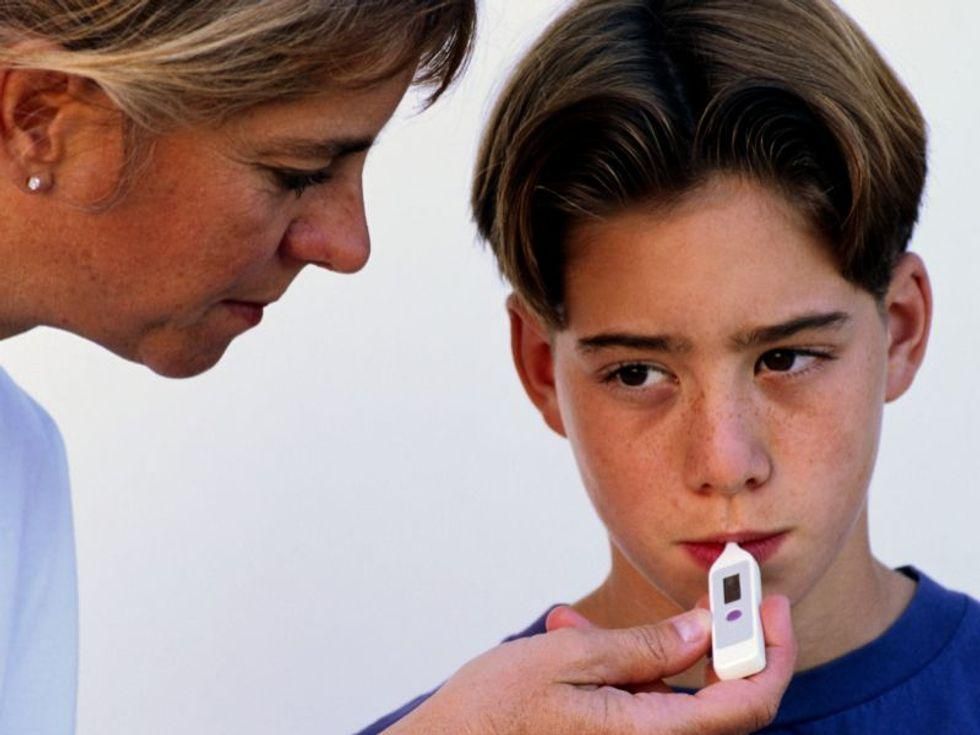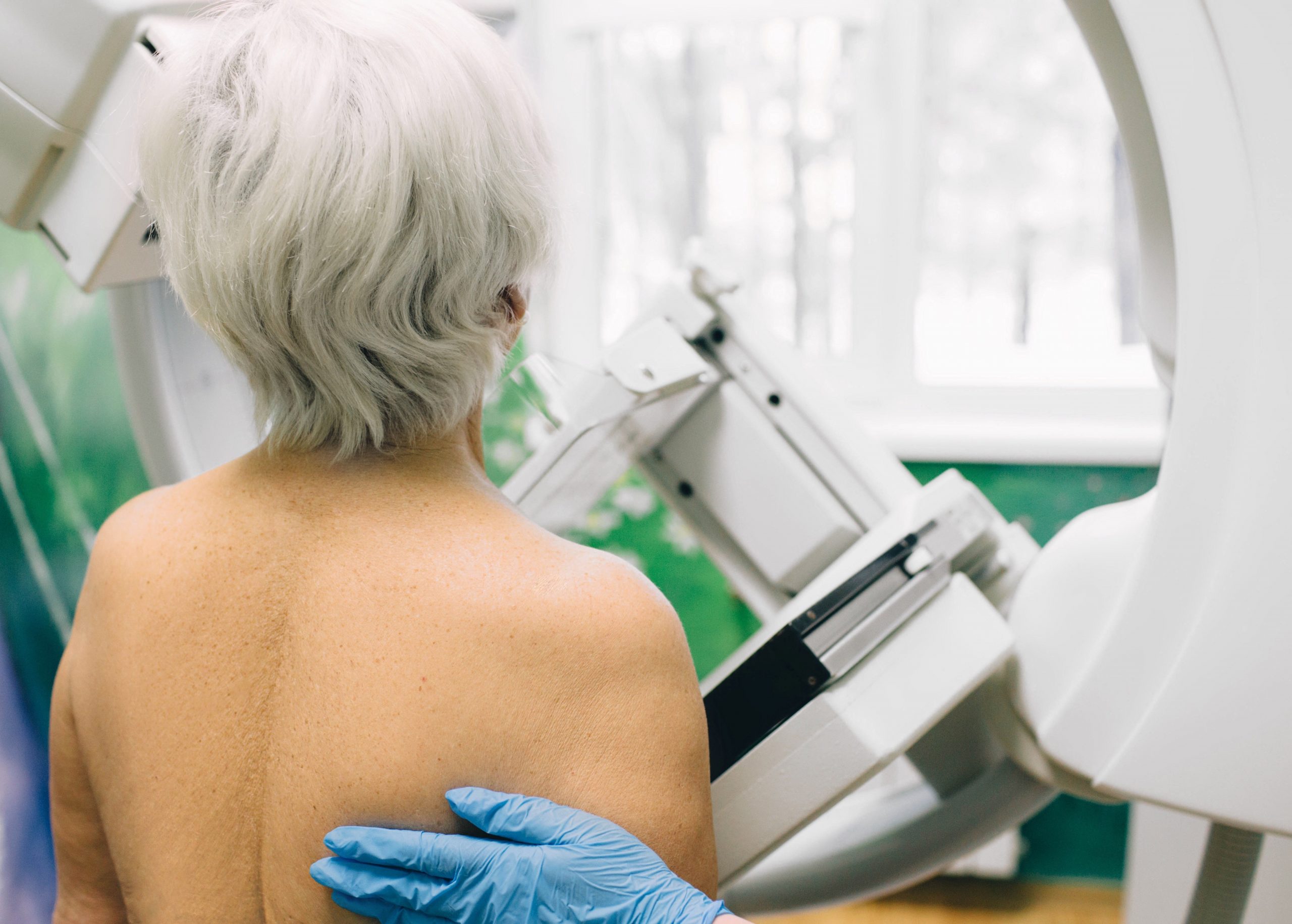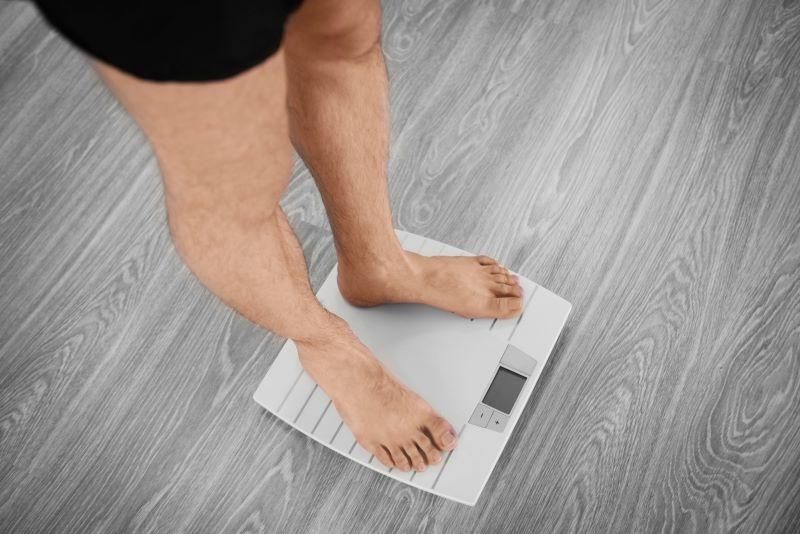
Obesity taxes many parts of the body, but new research suggests the heart might take the hardest hit of all. Between 1999 and 2020, deaths from heart disease linked to obesity tripled in the United States, and some groups were more vulnerable than others. Specifically, Black adults had some of the highest rates of obesity-related… read on > read on >










